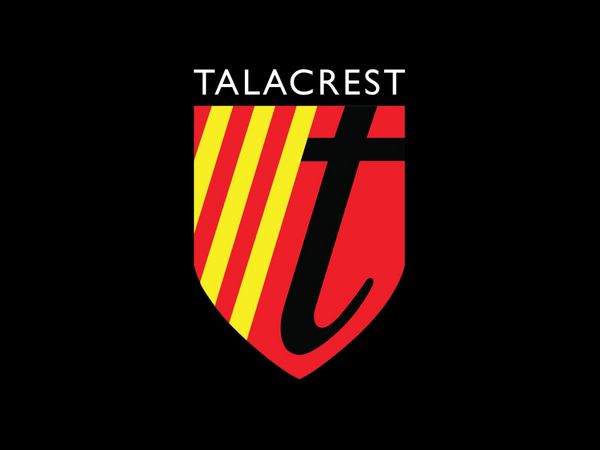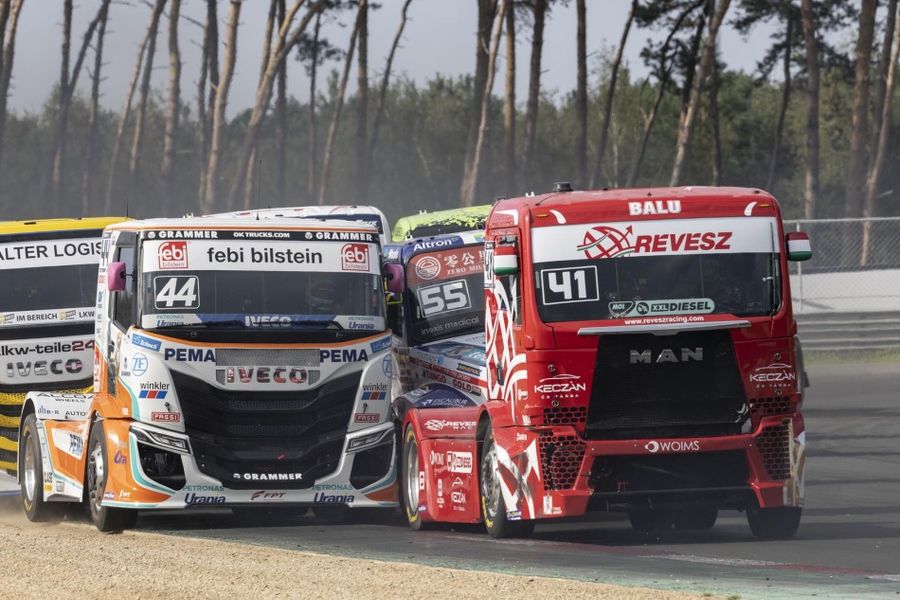for the development of its Formula One world championship-winning Mercedes-Benz PU106A Hybrid power unit
Distinguished guests from the automotive and motorsport industries demonstrate ongoing significance of the Dewar Trophy
The Royal Automobile Club is delighted to announce that the 2014 Dewar Trophy for outstanding British technical achievement in the automotive industry has been awarded to Mercedes AMG High Performance Powertrains (HPP), for the development of the Formula One world championship-winning Mercedes-Benz PU106A Hybrid power unit.
This prestigious accolade was presented to Andy Cowell, Managing Director of HPP, along with members of his project team from Brixworth, during a ceremonial lunch at the Royal Automobile Club on Pall Mall, London. The award highlights the continued world-beating excellence of automotive engineering in Britain.
The Dewar Trophy, which has a lineage of winners dating back to 1906, recognises the best of British engineering in the automotive industry. Previous winners have included Rolls-Royce in 1907 for its 40.5hp engine; Dunlop in 1957 for work developing disc brakes and modern tyres; the British Motor Corporation and Alec Issigonis for the original Mini in 1959; Jaguar in 2003 for its ground-breaking all-aluminium chassis; and the Ford Motor Company for its EcoBoost drivetrain in 2012.
Awarding the 2014 trophy to HPP was a unanimous decision made by experts on the Dewar Technical Committee, chaired by John Wood MBE. The HPP team was recognised for its development of the most advantageous powertrain within the new Formula One™ regulations. Its aim was to raise the thermal efficiency from around 29 per cent for the previous normally aspirated 2.4-litre V8 to better than 40 per cent with the new 1.6 litre V6 turbo Hybrid. Its successful design, research and teamwork resulted in the Mercedes-Benz PU106A Hybrid Power Unit, which has not only been the dominant powertrain in this first season under the Formula One™ rules, but has also contributed greatly to MERCEDES AMG PETRONAS securing the 2014 FIA Formula One™ Constructors’ Championship. It is also arguably the most thermally efficient gasoline powertrain ever produced with a claimed thermal efficiency of greater than 40 per cent.
Ben Cussons, Chairman of the Motoring Committee of the Royal Automobile Club, said: “We are pleased to recognise outstanding achievements by the British automotive industry. Part of the raison d’être of the Royal Automobile Club has always been the promotion of all things motoring, never more so than in tough economic times. Drawing attention to automotive innovation is an important part of our contribution to this vibrant part of the manufacturing industry. It proves once again that British engineering is world- beating.”
The Mercedes-Benz PU106A Hybrid Power Unit – designed, developed and built at Brixworth, Northamptonshire by HPP – has proved to be the dominant engine thus far under the new Formula One™ engine regulations. This is the second time HPP has been awarded the Dewar Trophy, having previously won in 2009 for its Formula One™ KERS system. HPP Managing Director Andy Cowell said:
“It is an honour to accept the Dewar Trophy on behalf of my colleagues at Mercedes AMG High Performance Powertrains and on behalf of Mercedes-Benz. To have received this prestigious award for the second time is a fitting tribute to the commitment to excellence within our organisation. Our work in the constantly evolving arena of hybrid technology has allowed us to explore an exciting new breed of automotive innovations relevant not only to our performance on the racetrack, but also to the everyday motorist. As a sport, when we took on the challenge of the radical new regulations introduced for the 2014 Formula One™ season, few could have foreseen that such performance could be achieved so quickly. It is a testament to the industry – and particularly to the hard work of the hundreds of people at Mercedes-Benz – that those incredible efforts over the past three or more years are being recognised today. It gives me great pride to represent and to be a part of such a talented group of individuals, working together as a team to reach new heights in engineering excellence.”
Previous regulations have concentrated on a simple mechanical limitation such as engine capacity. The challenge to produce the most effective engine was mainly one of flowing as much fuel and air through that engine as possible. The manufacturer who achieved that could be expected to dominate. This led to very high-revving engines with limited relevance to road cars.
The new regulations specify a maximum fuel flow rate, hence the best engine will be the one that obtains the most power from that specified quantity of fuel and thus, for the first time, performance is aligned with thermal efficiency. The best Formula One™ engine will be the one that converts energy the most efficiently and this has direct relevance to road car powertrains of tomorrow.
A traditional rule of thumb decrees that the conventional gasoline engine achieves efficiency of around one third. In other words, of the energy available in a gallon of petrol, a third is lost as waste heat, another third disappears out of the exhaust with only the remaining third available for useful work. The new Formula One™ regulations tackle this challenge head-on, particularly by the use of hybrid systems in the form of electrically controlled turbochargers and brake energy recovery.




















